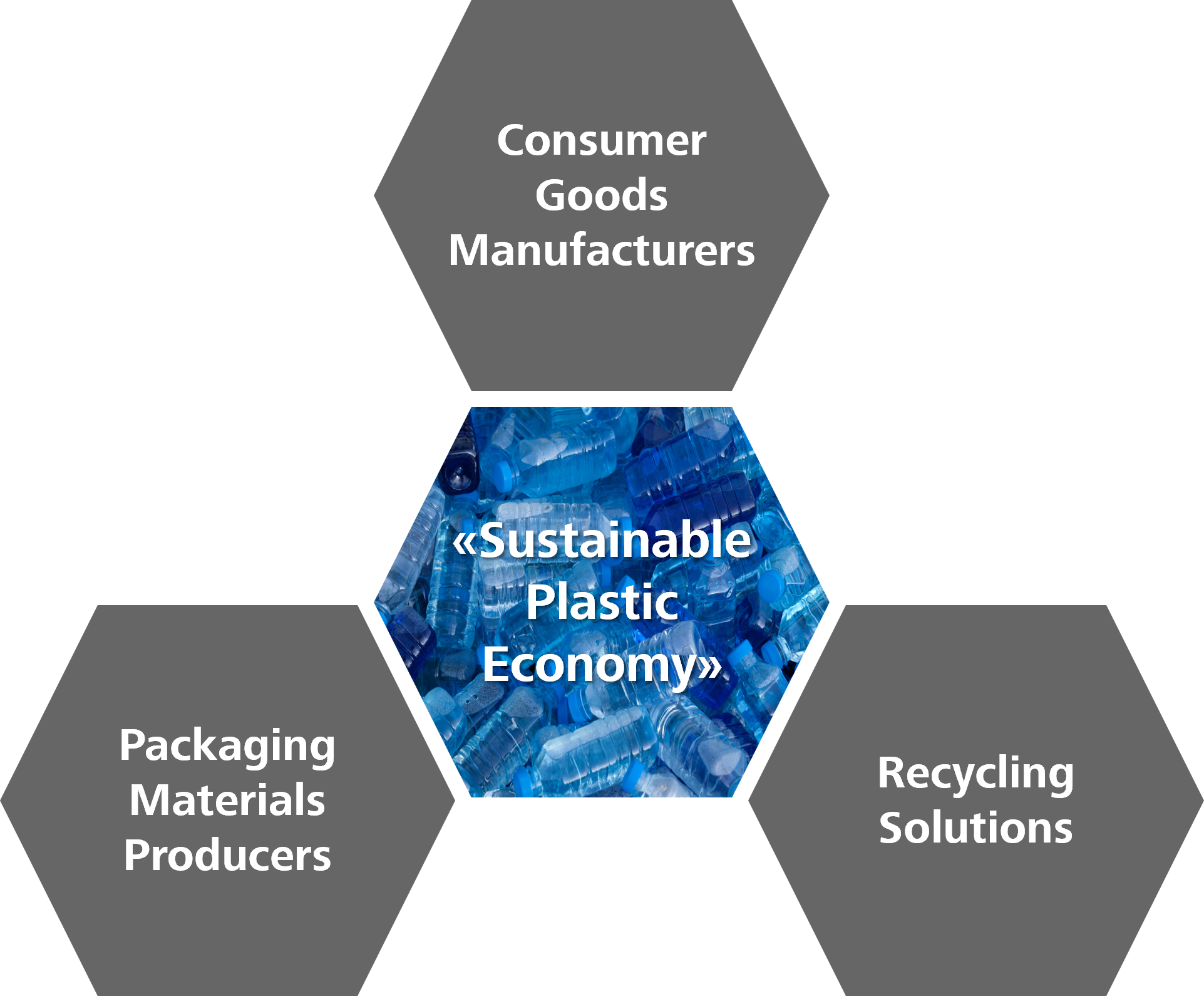Plastic – a Social Problem
In our world plastic waste is everywhere, and in recent years this has developed into one of the biggest environmental problems of our time. The problem is not new, but in the last few months extensive media coverage has ensured that the impending threat of an environmental catastrophe has also entered public consciousness.
The following was noted:
-
Increasing concerns regarding the environmental risks posed by the contamination of the oceans due to plastic waste are leading to a change in thinking among consumers and are forcing many producers to take action.
-
This development is being encouraged by policymakers in many countries where stricter legislation is under consideration. This even goes as far as a complete ban on plastic packaging.
-
To solve the problem, radical changes need to be made to the economic cycle, in addition to raising awareness among consumers. This calls for consumer goods manufacturers to switch to alternative packaging materials and to introduce a recycling system that works.
This is precisely where the thematic implementation solution from Raiffeisen comes into play, taking account of both consumer goods manufacturers and companies with alternative packaging materials and recycling methods.
Selection criteria and implementation solution
The focus is on the entire production chain from manufacturing to consumption and recycling. Hence, the index includes
companies from three main areas:
-
Consumer goods manufacturers (weight in the basket: 1/3) significantly influence the amount of plastic that we use. If large corporate groups like Procter & Gamble, Unilever, Coca-Cola, Danone, etc. were to commit themselves to using less plastic or to offering us alternative packaging other than plastic, this would automatically reduce our consumption of plastic to a significant degree.
-
We need alternatives to plastic, and some packaging manufacturers (weight in the basket: 1/3) are making efforts to find such alternatives. As soon as attractive alternatives to plastic are available, they will increasingly be used in the packaging industry.
-
Plastic will continue to be used for some years as it also has positive characteristics. So recycling is a crucial issue. Companies applying innovative recycling methods (weight in the basket: 1/3) are likely to benefit from this trend.

Implementation via the tracker certificate on the
«Sustainable Plastic Economy Net Total Return Index»
The Raiffeisen tracker certificate tracks the share index «Sustainable Plastic Economy Net Total Return Index». The shares have been selected in cooperation with the independent index provider Solactive AG. As the universe is constantly being expanded, the share basket is reviewed and adjusted at periodic intervals.
Product
|
Solactive Sustainable Plastic Economy Net Total Return Index
|
Product
Valor | ISIN | SIX Symbol
|
Solactive Sustainable Plastic Economy Net Total Return Index
|
Product
Issuer
|
Solactive Sustainable Plastic Economy Net Total Return Index
Raiffeisen Switzerland Cooperative, St. Gallen
|
Product
Index Sponsor
|
Solactive Sustainable Plastic Economy Net Total Return Index
Solactive AG
|
Product
Underlying
|
Solactive Sustainable Plastic Economy Net Total Return Index
Solactive Sustainable Plastic Economy Net Total Return Index
|
Product
Currency
|
Solactive Sustainable Plastic Economy Net Total Return Index
CHF
|
Product
Issue Price
|
Solactive Sustainable Plastic Economy Net Total Return Index
CHF 1'000.00
|
Product
Maturity
|
Solactive Sustainable Plastic Economy Net Total Return Index
Open end
|
Product
Issue Date
|
Solactive Sustainable Plastic Economy Net Total Return Index
05.09.2018
|
|
|


